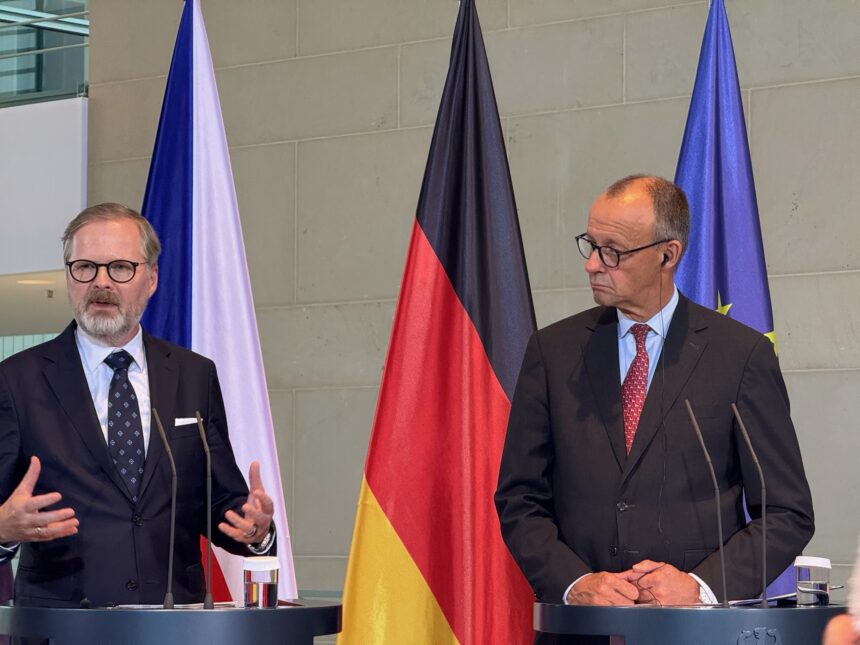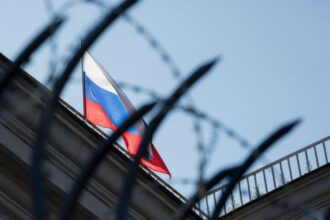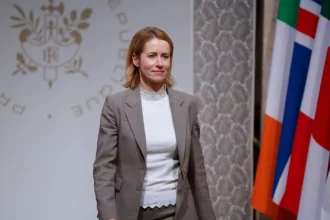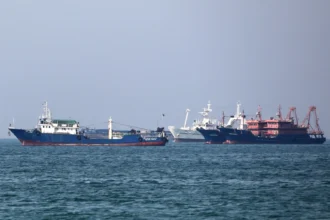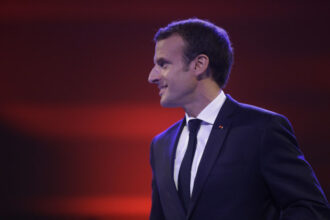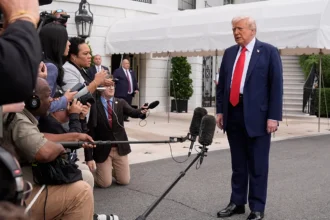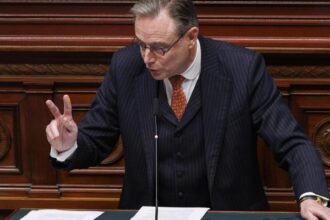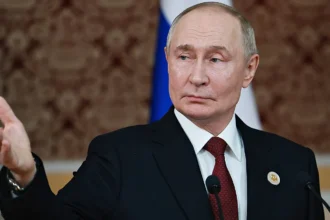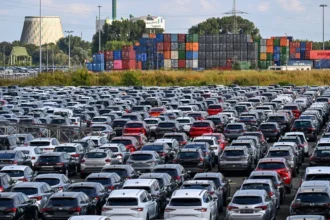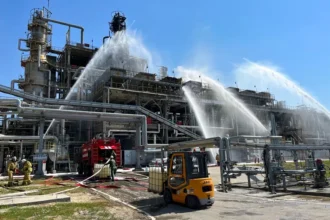This week, Czech Prime Minister Petr Fiala made a highly symbolic visit to Berlin, where he was greeted with full military honors by German Federal Chancellor Friedrich Merz—the first Czech leader to receive such protocol since 2018. The visit underlined growing strategic cooperation between the two nations on defense, infrastructure, and migration.
Tackling Migration Through a European Lens
At the core of their discussions was the challenge of managing migration flows into Europe. Both leaders acknowledged Germany’s recent stricter border controls, with Fiala expressing understanding but urging for a coordinated, pan-European strategy to combat illegal migration. Fiala warned, “If no solutions are offered, populists will fill the vacuum,” underscoring the political risks of inaction.
Merz agreed, emphasizing that Germany’s border measures do not conflict with neighboring countries but are necessary for security and order. Their shared stance reflects growing concern over migration’s impact on political stability across the continent.
Military and Industrial Collaboration
A highlight of the visit was the Czech Republic’s keen interest in participating in Germany’s production of Leopard tanks and cooperation in the American F-35 fighter jet program. Fiala emphasized that Czech companies seek involvement not only to bolster their own defense capabilities but also to play a role in international defense markets. Both countries reiterated unwavering support for Ukraine, with the Czech Republic actively joining efforts to procure ammunition for Kyiv.
Infrastructure: Bridging Capitals and Economies
Transport infrastructure also featured prominently. Plans to develop a high-speed rail connection between Berlin and Prague aim to reduce travel time to just two hours, facilitating closer economic and cultural ties. Similar upgrades are on the horizon for the Prague–Munich corridor, promising to deepen regional integration.
Merz’s Cautious Position on Gaza Amid Rising Humanitarian Concerns
At a joint press conference, Chancellor Merz addressed Germany’s controversial decision not to sign a recent joint declaration by 28 countries calling for an immediate ceasefire in Gaza. While the declaration, supported by France, the UK, Italy, and others, condemns Israel’s military actions as “inhumane” and violating international humanitarian law, Germany has opted for a more cautious and measured approach.
Merz stated Germany’s position aligns closely with the European Council’s consensus, personally advocating for an end to large-scale military operations by Israel and for the unhindered delivery of humanitarian aid. Nonetheless, this stance has drawn criticism domestically, with the Social Democratic Party (SPD) parliamentary group urging the government to back the ceasefire declaration.
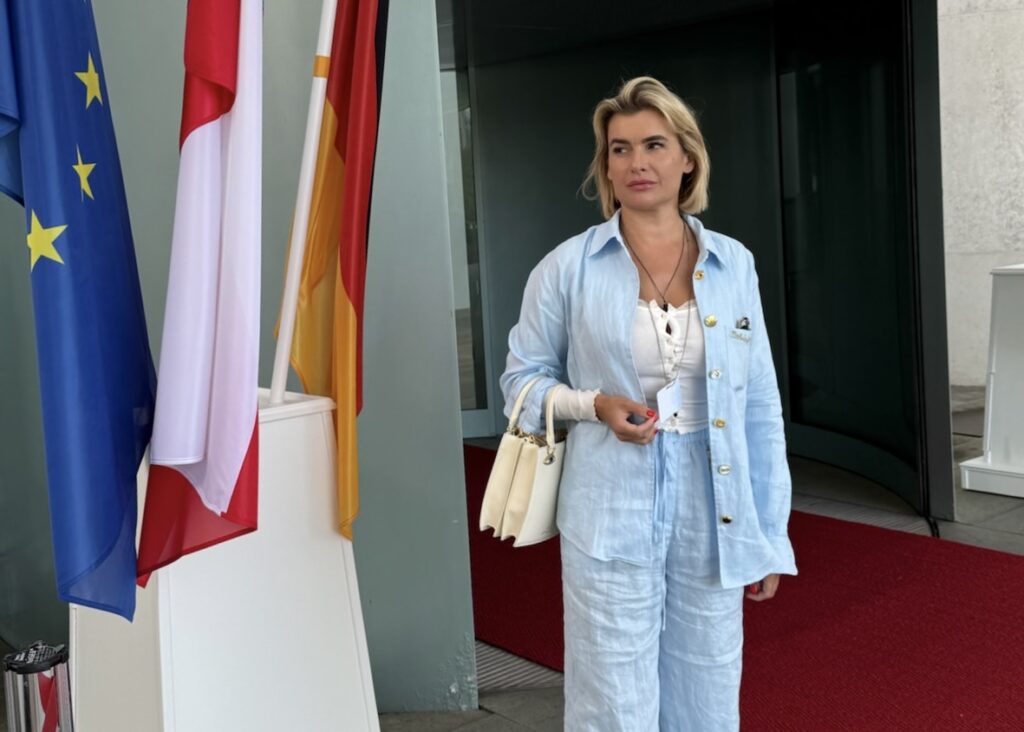
Worsening Humanitarian Crisis in Gaza
Meanwhile, the humanitarian situation in Gaza continues to deteriorate sharply. UN agencies and the Palestinian Ministry of Health report over 1,000 fatalities, widespread starvation, and blocked humanitarian aid amid relentless attacks. Reports suggest Israel plans to establish a camp in southern Gaza to house 600,000 people, severely restricting their freedom of movement.
International organizations have accused Israel of ethnic cleansing and using starvation as a weapon of war. The International Court of Justice in The Hague is currently investigating genocide allegations tied to the conflict.
This visit underscores the complex balancing act faced by European leaders—pursuing robust defense and economic partnerships while navigating sensitive geopolitical issues such as the Gaza conflict. The evolving Czech-German relationship, particularly in defense and infrastructure, reflects a broader European effort to strengthen unity amid internal and external challenges.

